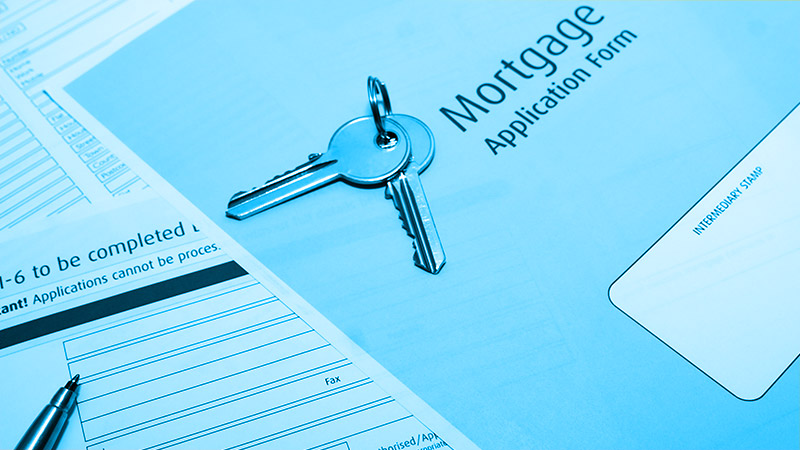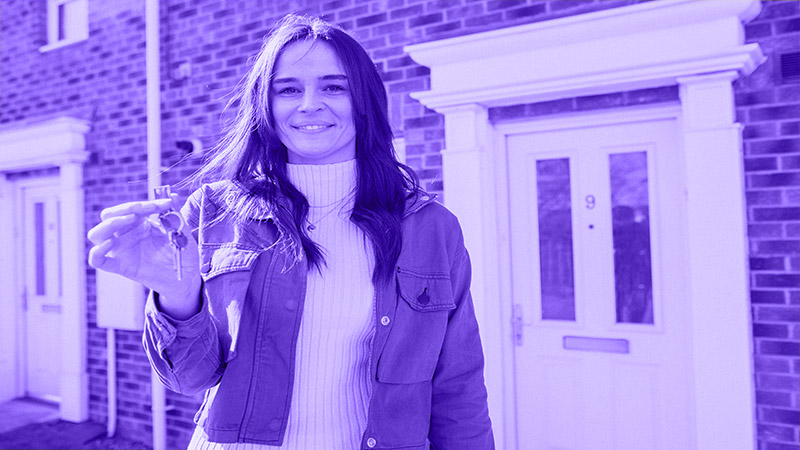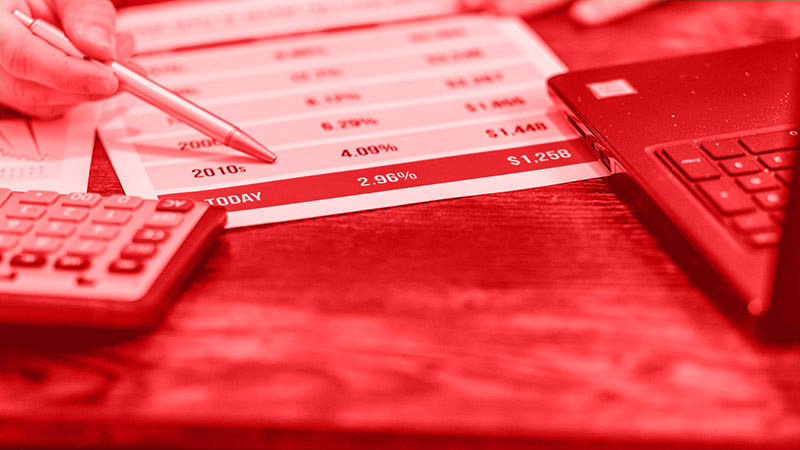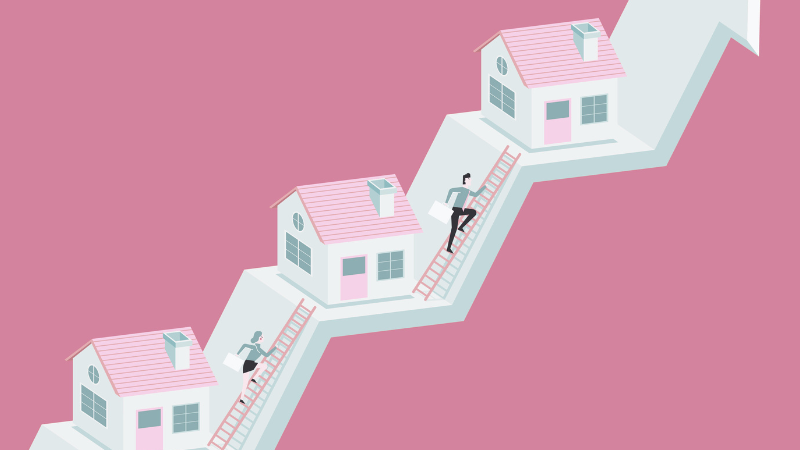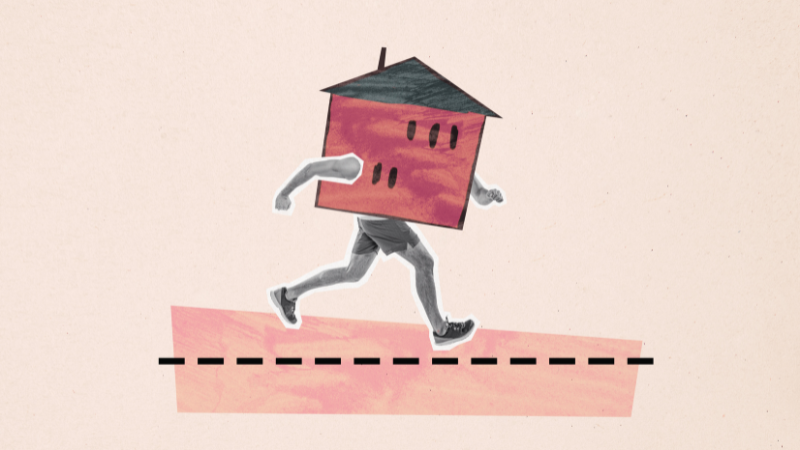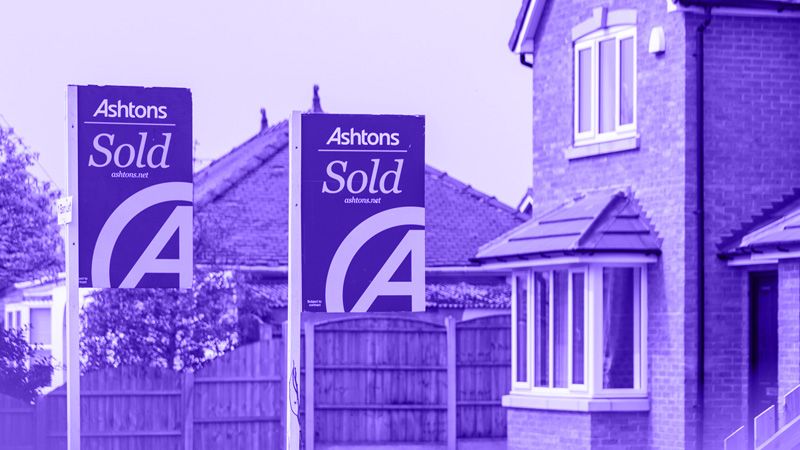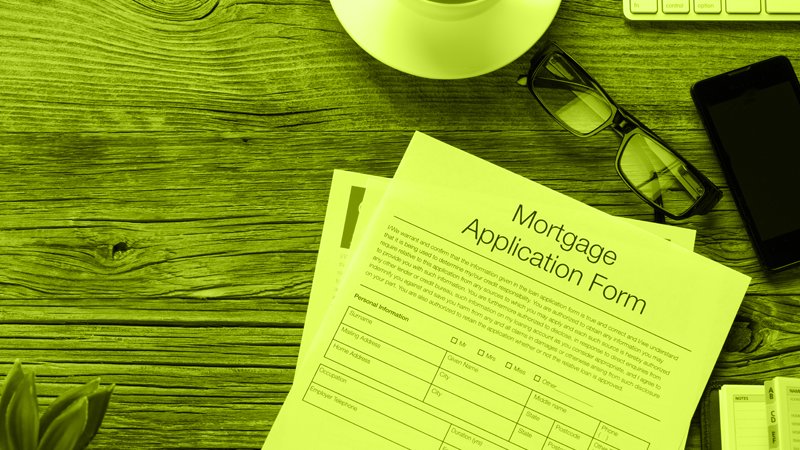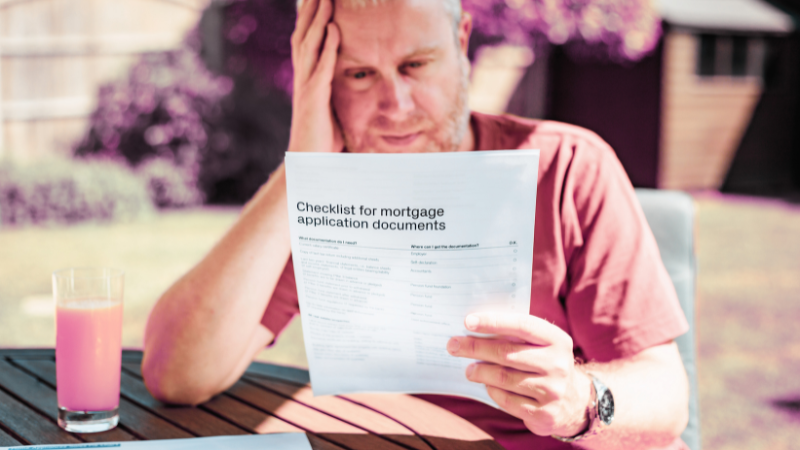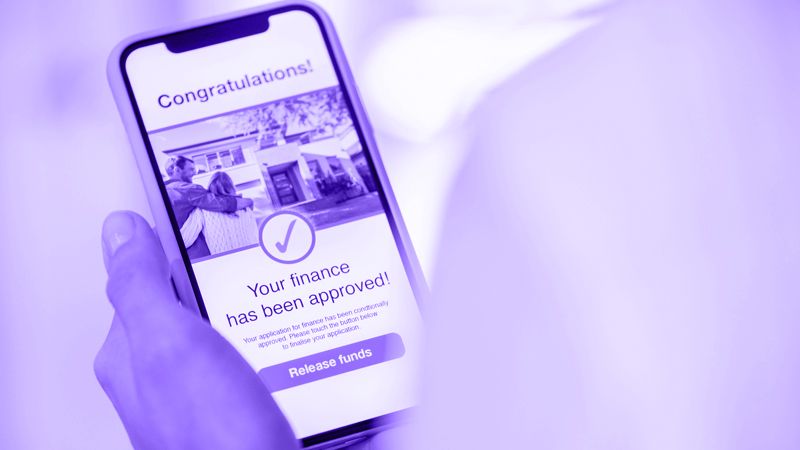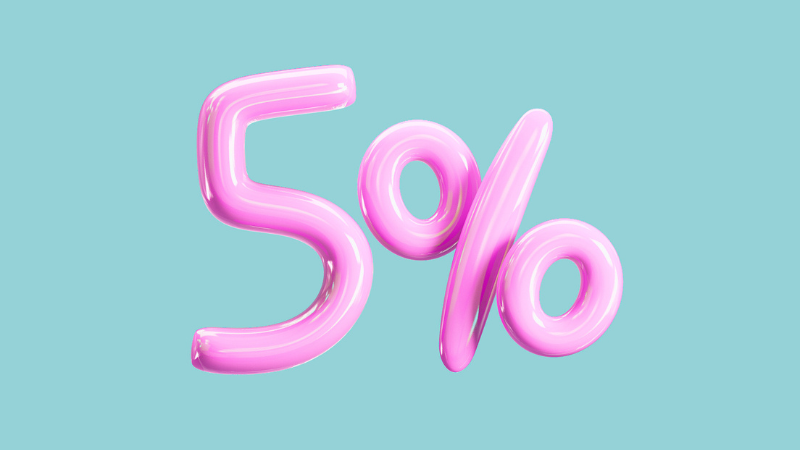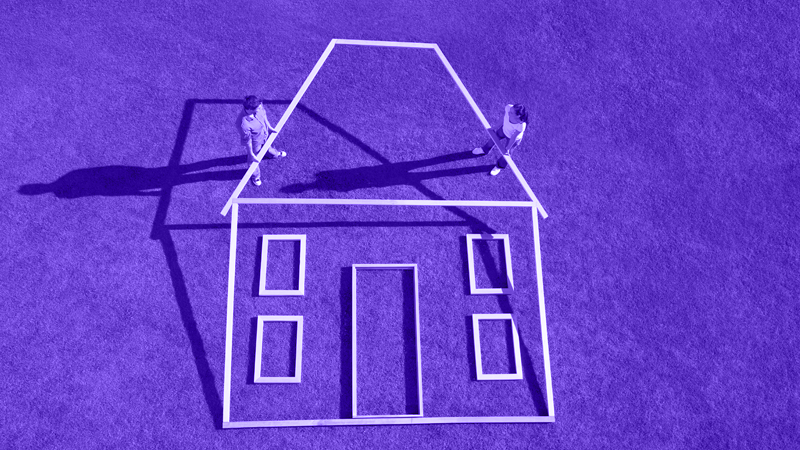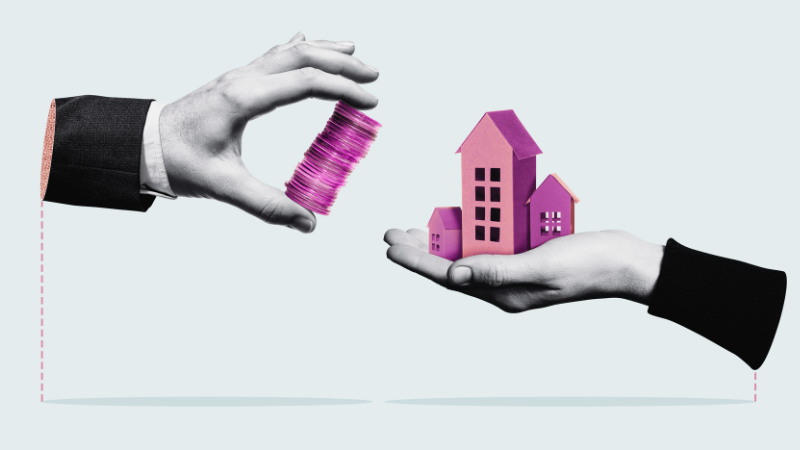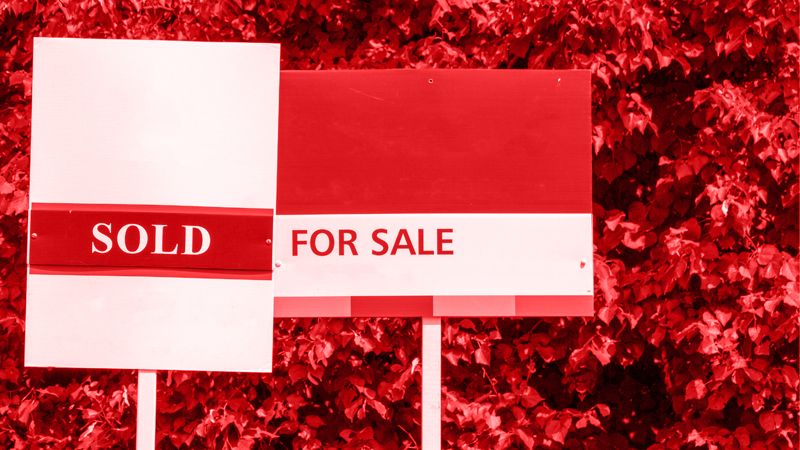If you’ve got your heart set out on a property that needs a £150,000 mortgage, the first thing to ask yourself is how much it would cost you a month.
It’s vital to know whether you can afford monthly repayments for a £150,000 mortgage now and in the future to make an informed decision.
In this guide, we’ll explore how much a £150,000 mortgage will cost you a month, how much deposit and income you’ll need, factors that affect the costs and how to get the best rates available.
Cost Of A £150,000 Mortgage A Month
Various things can impact how much a £150,000 mortgage costs you a month. These include:
- The mortgage term or length
- The lender’s interest rate
- The loan to value (LTV) ratio
- Your deposit amount
- Whether it’s capital repayment or interest-only mortgage
- Your credit history and profile
Remember, every lender is different, and they have different criteria to determine eligibility and the terms and rates they offer you.
Need more help? Check our quick help guides:
- Reasons why a mortgage could be declined on affordability.
- How reliable is a mortgage in principle?
- How do joint mortgages work?
- Can you get a mortgage on a fixed-term contract?
How The Term Affects The Cost Of A £150,000 Mortgage
The mortgage term significantly affects how much a £150,000 mortgage costs a month and what you ultimately pay in total. Most lenders in the UK offer between 5 to 30 years to repay a £150,000 mortgage.
How long you’ll need to pay off the mortgage will depend on how much you can realistically afford to pay each month.
You’ll get cheaper monthly repayments with extended periods, but the overall cost will be higher at the end of the loan term.
You’ll have higher monthly repayments with a shorter mortgage term but a lower overall cost. A £150,000 mortgage with a term of 30 years will cost you thousands more than a mortgage for 20 years or less.
However, the cost of the more extended period may be worth it if you need cheaper monthly repayments you can easily afford.
It’s wise to choose a term based on how much you can afford each month without getting into financial hardship. Based on a 3% interest rate, the table below can give you a rough idea of how the term affects how much a £150,000 mortgage costs a month and in total.
| Term | Monthly Repayment | Interest | Total Repaid |
| 30 years | £632 | £77,621 | £227,621 |
| 25 years | £711 | £63,358 | £213,358 |
| 20 years | £832 | £49,627 | £199,627 |
| 15 years | £1,036 | £36,437 | £186,437 |
| 10 years | £1,448 | £23,796 | £173,796 |
| 5 years | £2,695 | £11,712 | £161,712 |
How Interest Affects The Cost Of A £150,000 Mortgage
The interest rate is crucial for any mortgage or loan because it will directly affect how much you pay each month. Mortgage lenders in the UK can offer interest rates from 1% to 5% for a £150,000 mortgage.
The rates lenders are willing to offer are usually based on your credit history or profile and the size of your deposit. The interest plus a portion of the capital or amount borrowed is paid back each month for the duration of the loan until the total amount is cleared.
For example, here’s an estimate of how much you would pay each month for a £150,000 mortgage with a 30-year term based on different interest rates.
| Interest Rate | 1% | 2% | 3% | 4% | 5% |
| Monthly Repayment | £482 | £554 | £632 | £716 | £805 |
Interest-Only Payments
How much a £150,000 mortgage costs you a month can also differ depending on whether you get a capital repayment or an interest-only mortgage.
Capital repayment plans require you to pay off a percentage of the borrowed amount plus interest every month for the entire loan period.
With interest-only mortgages, you’re only required to pay off the interest on the loan every month and nothing off the capital. The capital or amount borrowed becomes due at the end of the loan term in one lump sum.
You must have a viable repayment strategy to qualify for an interest-only £150,000 mortgage because it’s easy to accumulate a significant debt that can be difficult to repay without a good plan.
A viable strategy assures the lender that you can pay off the entire outstanding balance at the end of the loan period.
Related guides:
- Mortgage 5 times salary.
- Can you get a mortgage on land?
- Refurbishment mortgages.
- Part and part mortgages.
- HMO mortgages.
How The Deposit Affects How Much A £150,000 Mortgage Costs A Month
The deposit you can put down for a £150,000 mortgage directly affects the loan to value (LTV) ratio and the terms and interest rate of the mortgage.
The LTV ratio refers to the amount the lender is willing to offer you relative to the total value of the property. It reflects the proportion of the mortgaged property and the proportion you’ve paid off upfront with your deposit.
A higher deposit means a lower LTV, which translates to better mortgage rates and terms. Lenders will see you as a lower risk if you have a high deposit, and they can provide you with better deals with a lower monthly repayment.
A low deposit translates to a high LTV ratio, and lenders can insist on stricter terms translating to higher interest rates or fees. The best deals you can get for a £150,000 mortgage will require a higher deposit and a low LTV ratio. The higher the amount you can put down, the lower the interest rate, monthly repayments and overall loan amount you’ll have to repay.
Monthly Costs For A £150,000 Mortgage For A Buy-To-Let
You’ll find slightly different rules for a buy-to-let mortgage. You may have to provide a higher deposit and meet strict income requirements set by lenders to qualify.
Some lenders will only accept a 25% deposit and above, and others may consider rental income forecasts and require that the projected rent covers 125% to 130% of the monthly repayments.
Many buy-to-let mortgages are offered on an interest-only basis, translating to lower monthly repayments for a £150,000 mortgage.
It provides more flexibility and tax efficiency for landlords, and they can quickly sell the property at the end of the term and clear the loan balance.
Related guides:
- When was my house built?
- Buying out a sibling from an inherited house
- How long does it take to release mortgage funds?
- Does a valuation mean that a mortgage is approved?
- Mortgage lenders that accept benefits
- Can I extend my interest-only mortgage term?
£150,000 Mortgage Costs Final Thoughts
Generally, the interest rate and the mortgage term will influence how much a £150,000 mortgage costs you a month.
How much you can put down as a deposit will influence the rate you get and the deal the lender is willing to offer. The higher the deposit, the better the rates and terms of the deal.
Call us today on 03330 90 60 30 or contact us. One of our advisors can talk through all of your options with you.
Further reading:
